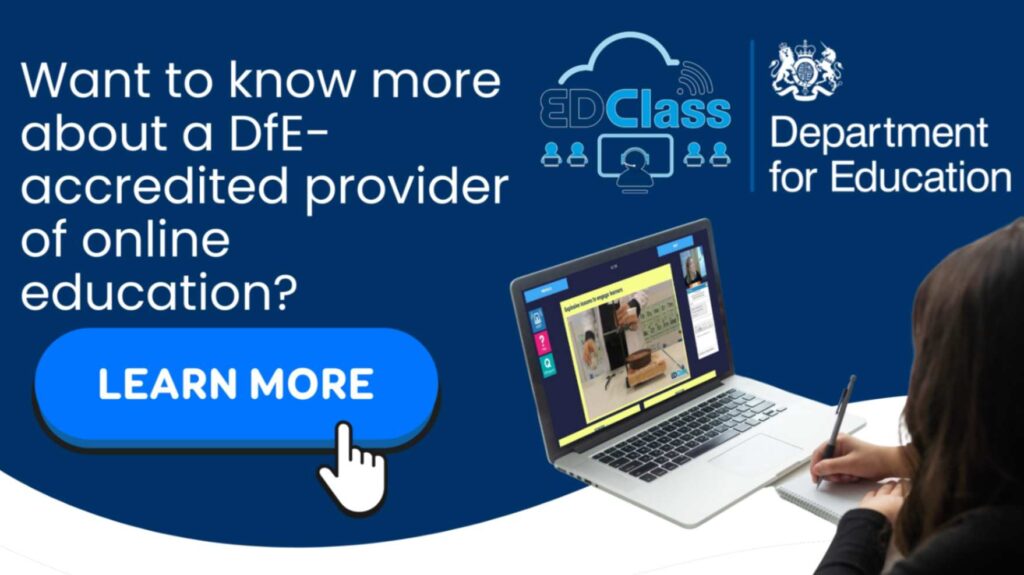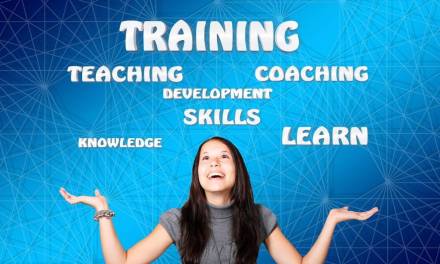Ensuring learners are engaged throughout their studies can be a monumental task itself. Not only do you have to manage behaviour, attendance, and the safeguarding of learners, but it’s also important that they are actively learning alongside their peers. However, for many learners, this can be a huge challenge to overcome.
As educators, we must find appropriate solutions that suit the specific needs of learners. But, how can this be achieved? How can we ensure that learners are motivated, cooperative, and resilient to do their best?
“Pupils are positive about learning. They show this through their self-motivation, cooperation with staff, and collaborative and supportive work with one another. Pupils consistently try to do their best. They show resilience when they face setbacks.”
In order to maximise the potential of learners and receive a good rating in Ofsted’s eyes, it’s clear that a strong focus should be on how we encourage learners to engage well within their lessons. Let’s take a look at three strategies you could implement to overcome learning barriers and engage pupils.
1. Foster an Interactive Learning Environment
Mainstream education can be an exhausting experience for many learners, especially those with special educational needs and disabilities (SEND). Therefore, ensure that you adjust your lessons to incorporate active learning.
You can achieve active learning through gamification, collaborative activities, or Q&A sessions. By doing this, your learners are subtly learning in an active state rather than just trying to absorb knowledge. This can develop knowledge and understanding faster, especially if you incorporate EdTech too.
2. Personalise the Learning Experience
SEND and vulnerable learners require a more tailored approach to their learning. By implementing personalised learning pathways, your pupils can feel more inclined to engage with their education. Learners won’t feel they are being left behind and won’t give up as easily.
Make sure to include adaptive learning paths, personalised feedback, and a variety of learning choices. This enables learners to continuously learn and develop whilst learning at a pace and style that suits their requirements.
3. Integrate Multimedia and Diverse Content Formats
A good final component to integrate is a variety of educational formats that appeal to several learning styles. Every learner is unique, so we must find what works specifically for them.
You could use short videos, animations, quizzes, simulations, podcasts, or audio content as different approaches for learners. Once you find the most appropriate solutions, you can then put more emphasis on these aspects to drive even further engagement.
Engage learners Through an Alternative Route
Ultimately, to engage learners, it can require time, effort, and a consistent approach. However, by encouraging active learning, diverse learning contents, and especially personalised learning, pupils can find enthusiasm for their studies that they may not have thought was there.
Some learners might be fully disengaged. This is where DfE-accredited providers of online education, such as EDClass, can really come into play. Through one-to-one support from UK-qualified teachers and personalised learning pathways, pupils can learn at their own pace in an environment that suits them.
Pupils can learn at home, in your school libraries, or practically anywhere you deem appropriate, and are fully safeguarded on EDClass. Learners are constantly engaged with EDClass’s staff and are guided towards their positive destinations.
“Another significant strength of EDClass is the provision of carefully considered individualised schemes of work. Known as ‘learning pathways’, these take account of, and build on, the curriculum each pupil was following in their registered school prior to joining EDClass. This includes any specific exam syllabuses. As a result, when pupils return to mainstream education, they are well prepared to reintegrate into lessons.”
If you’d like to learn how EDClass could help engage your learners struggling call 01909 568338 or send an email to mail@edclass.com.










